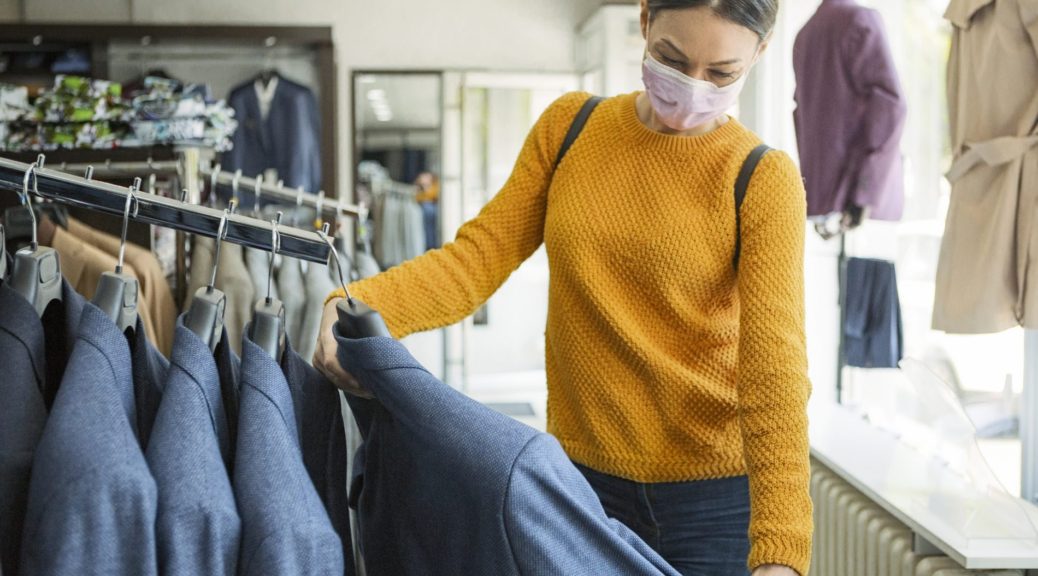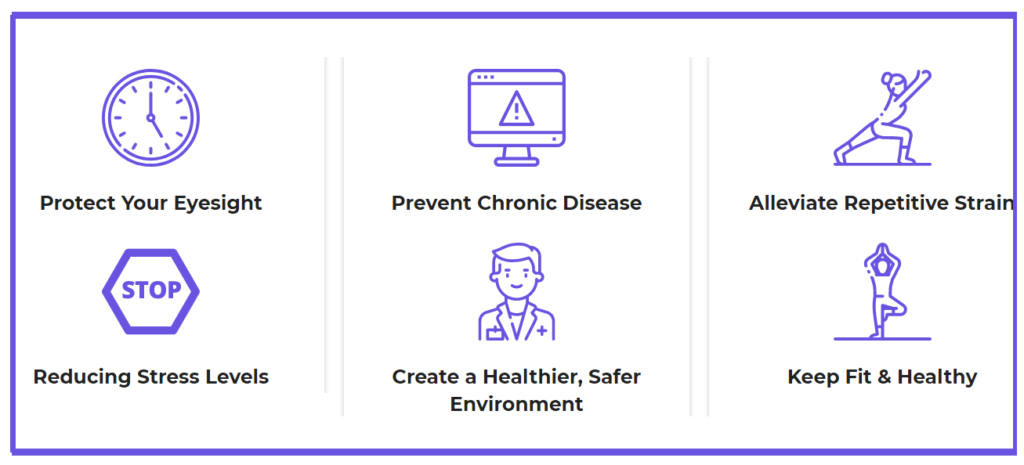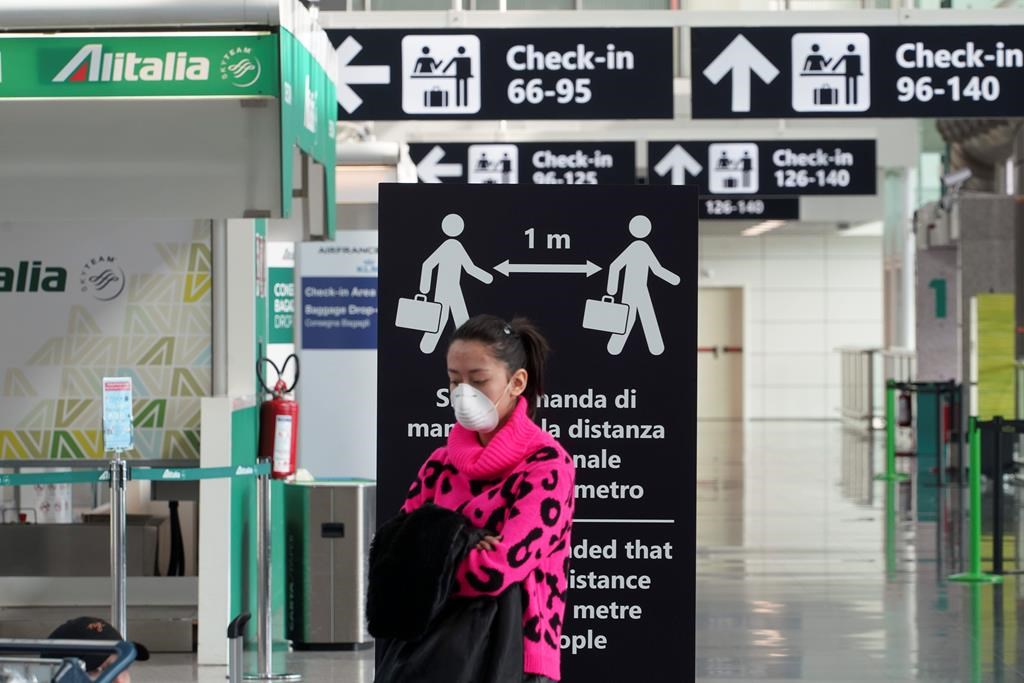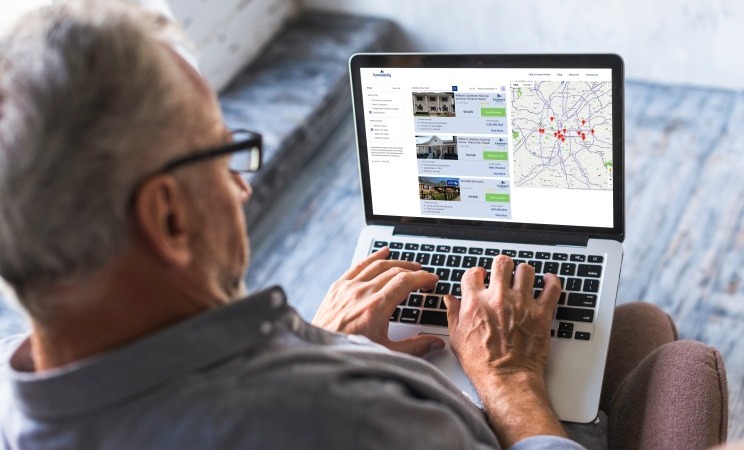- Nearly six out of 10 adults have suffered mental health problems during the pandemic
- Stress and anxiety are the biggest concerns, international research shows
Taking more exercise and online gaming are the two main ways people globally are tackling mental health issues driven by the pandemic, new international research* from the leading digital board game publisher Marmalade Game Studio shows.
Its study across the US, France, Germany, Hong Kong, and Singapore found nearly two out of five people (38%) have turned to exercise to address mental health concerns while 30% are using online gaming to relieve stress and anxiety.
Marmalade Game Studio’s research found mental health issues have soared across all countries during the pandemic with nearly six out of 10 (57%) saying they have developed mental health concerns during the pandemic and the same number say they are currently suffering from a range of issues. People in Singapore (65%) and Hong Kong (64%) are the worst affected followed by France (57%), Germany (56%) and the US (52%).
The biggest issues internationally are stress and anxiety with 38% saying they are currently affected by stress while 30% say they are suffering from anxiety.
However more than one in five (22%) say they are depressed and 4% say they have suicidal thoughts.
Marmalade Game Studio has recently introduced a new feature on its games in response to demand from customers for more ways to stay connected with family and friends – its Bubble in-game video chat allows gamers to add friends and family to group chats, start games from these, and video chat whilst playing.
Cristina Mereuta, co-CEO at Marmalade Game Studio, said: “The pandemic has had a huge effect on mental health globally and millions have at points suffered from a range of conditions caused by worries about their own and others physical health as well as financial worries.
“Many people are clearly taking action with increased exercise and online gaming appearing to be the most popular ways of relieving stress and anxiety.
“It is important however that people seek professional help where appropriate and it’s worrying to see that some people are doing nothing.”
The mental health impact has not all been negative – around 7% of French people say their mental health has improved during the pandemic followed by 6% of Americans, 5% of people in Hong Kong, 4% of Germans and 2% of people in Singapore.
The table below shows the ways people across all countries are addressing mental health issues.
| ACTION TAKEN? | PERCENTAGE OF PEOPLE WITH MENTAL HEALTH ISSUES WHO HAVE TAKEN THESE STEPS |
| Doing more exercise | 38% |
| Playing online games | 30% |
| Trying to see friends and family more | 29% |
| Getting help from my doctor | 27% |
| Talking to loved ones | 26% |
| Getting help from mental health professionals | 25% |
| Talking to close friends | 19% |
| Doing nothing | 14% |
Digital gaming has proved to be important for mental health – 16%** of European Union gamers say being able to play games online and connect with others particularly families helped during lockdowns and 42% say playing multiplayer games during lockdown made them happier.
* Marmalade Game Studio commissioned independent research company PureProfile to interview 1,000 adults aged 18-plus across the US, France, Germany, Singapore, and Hong Kong in November 2021 using an online methodology.



















